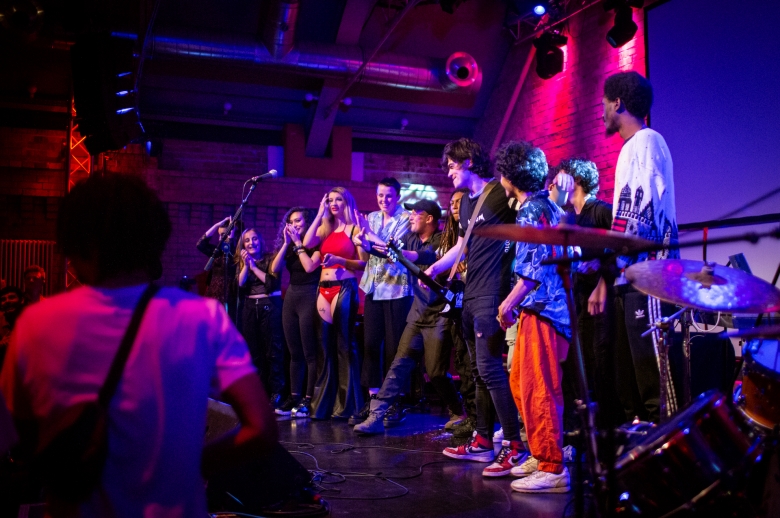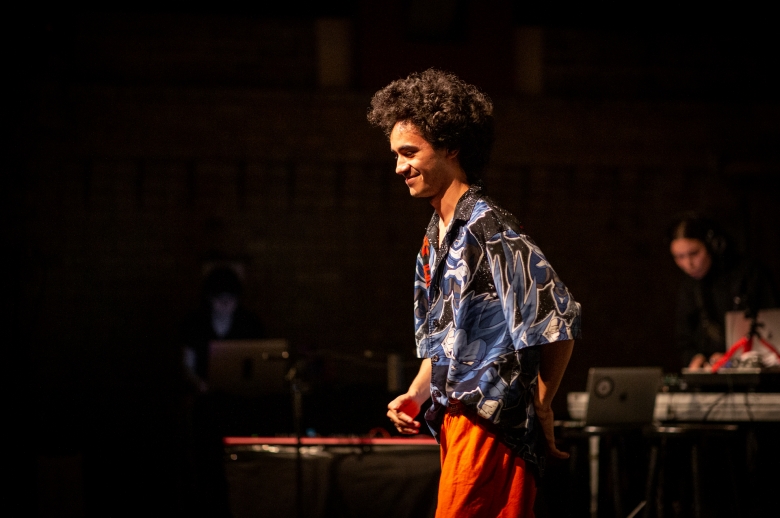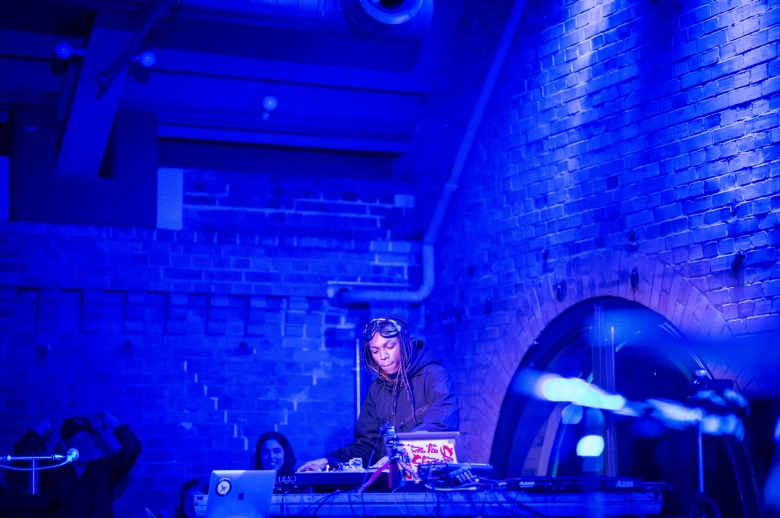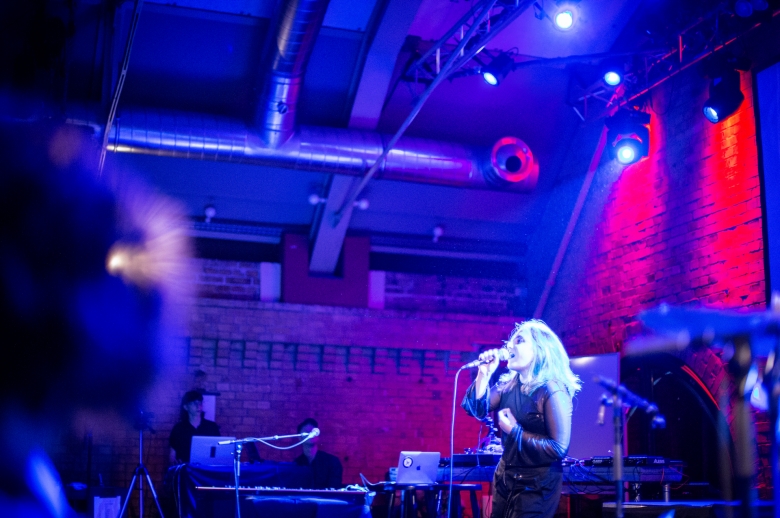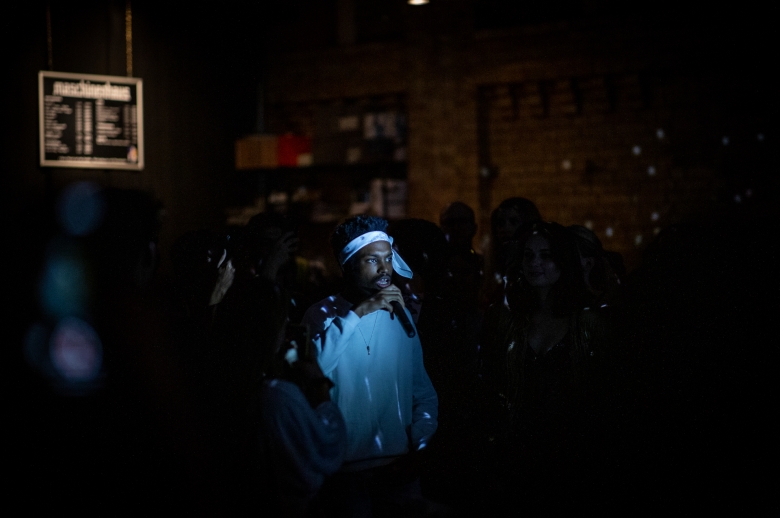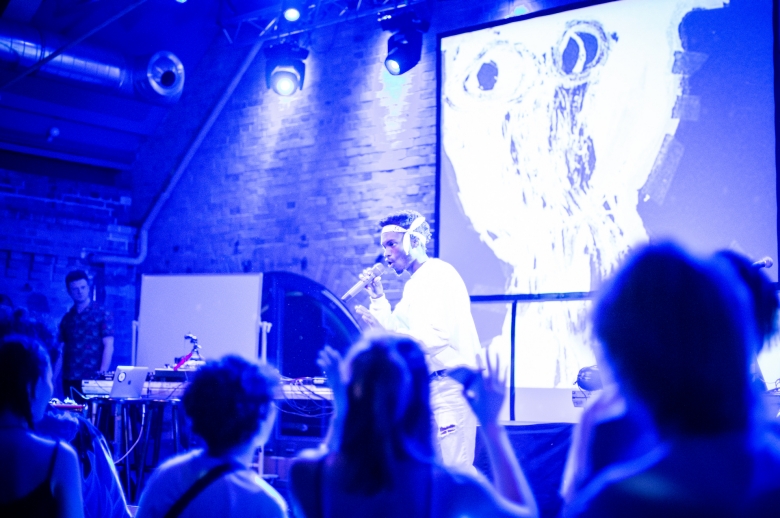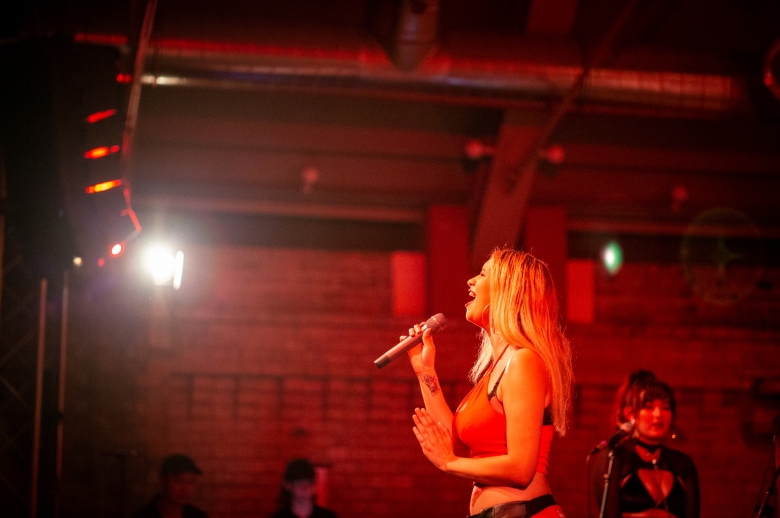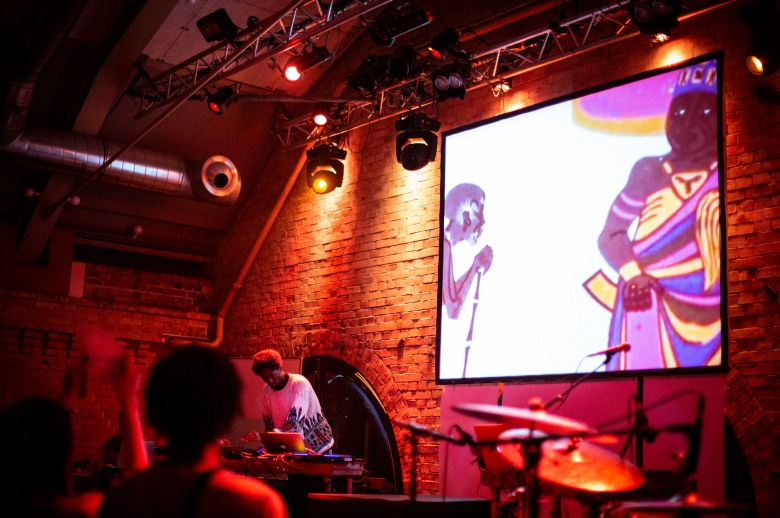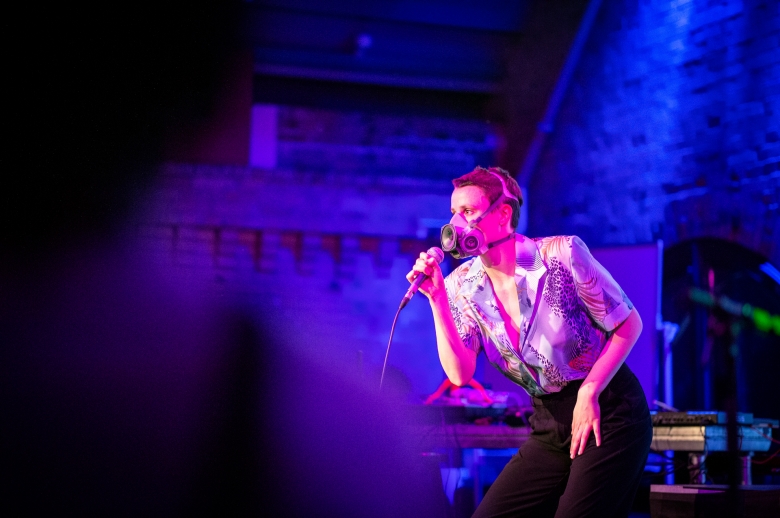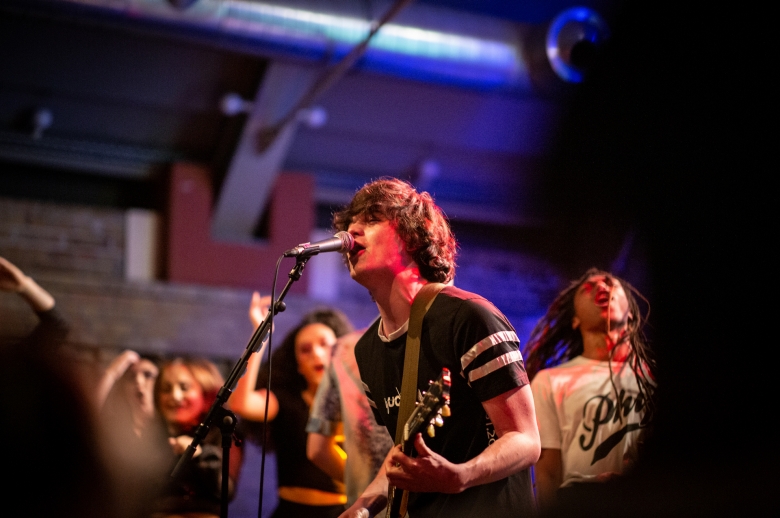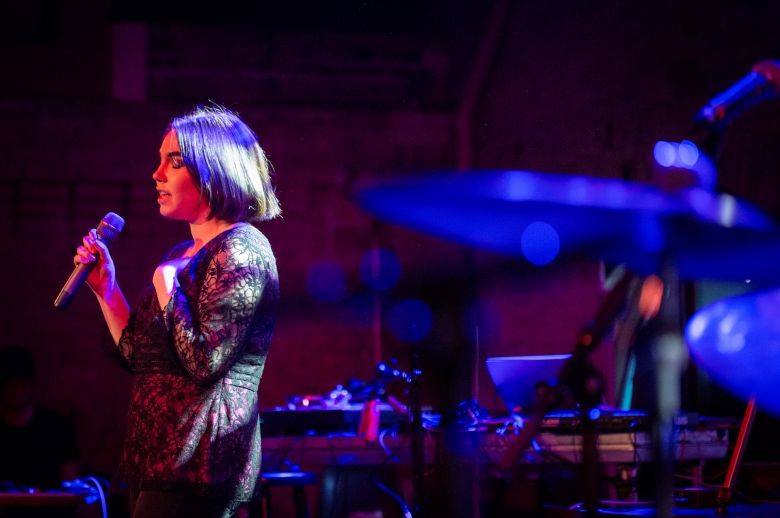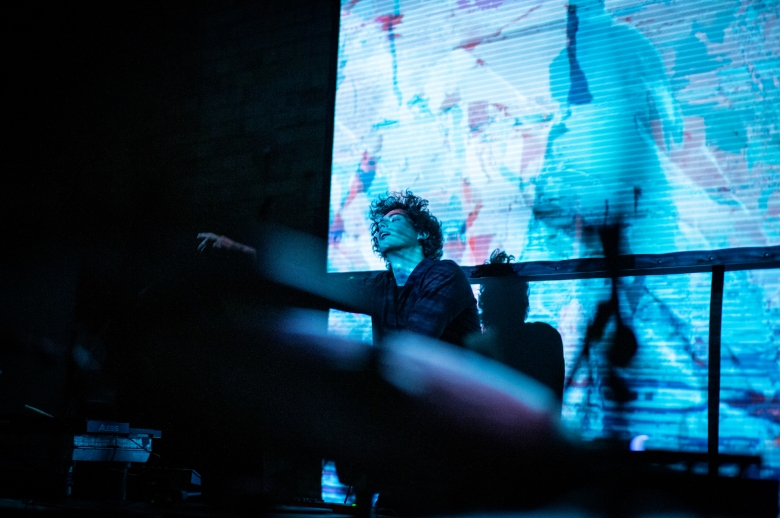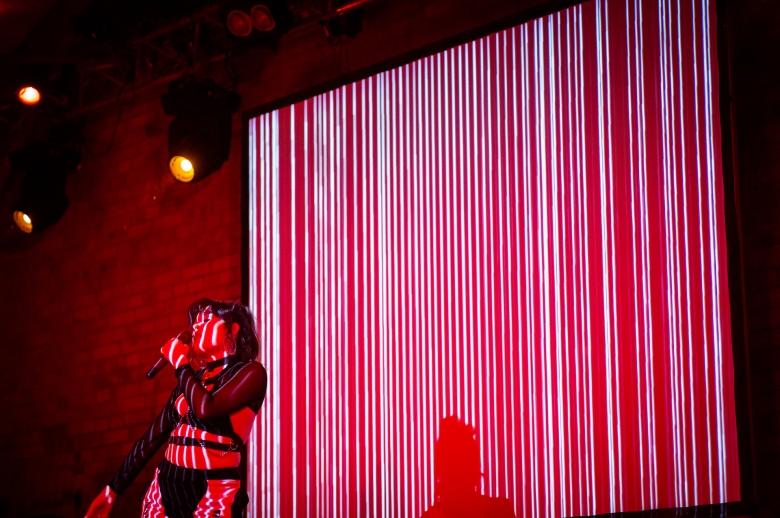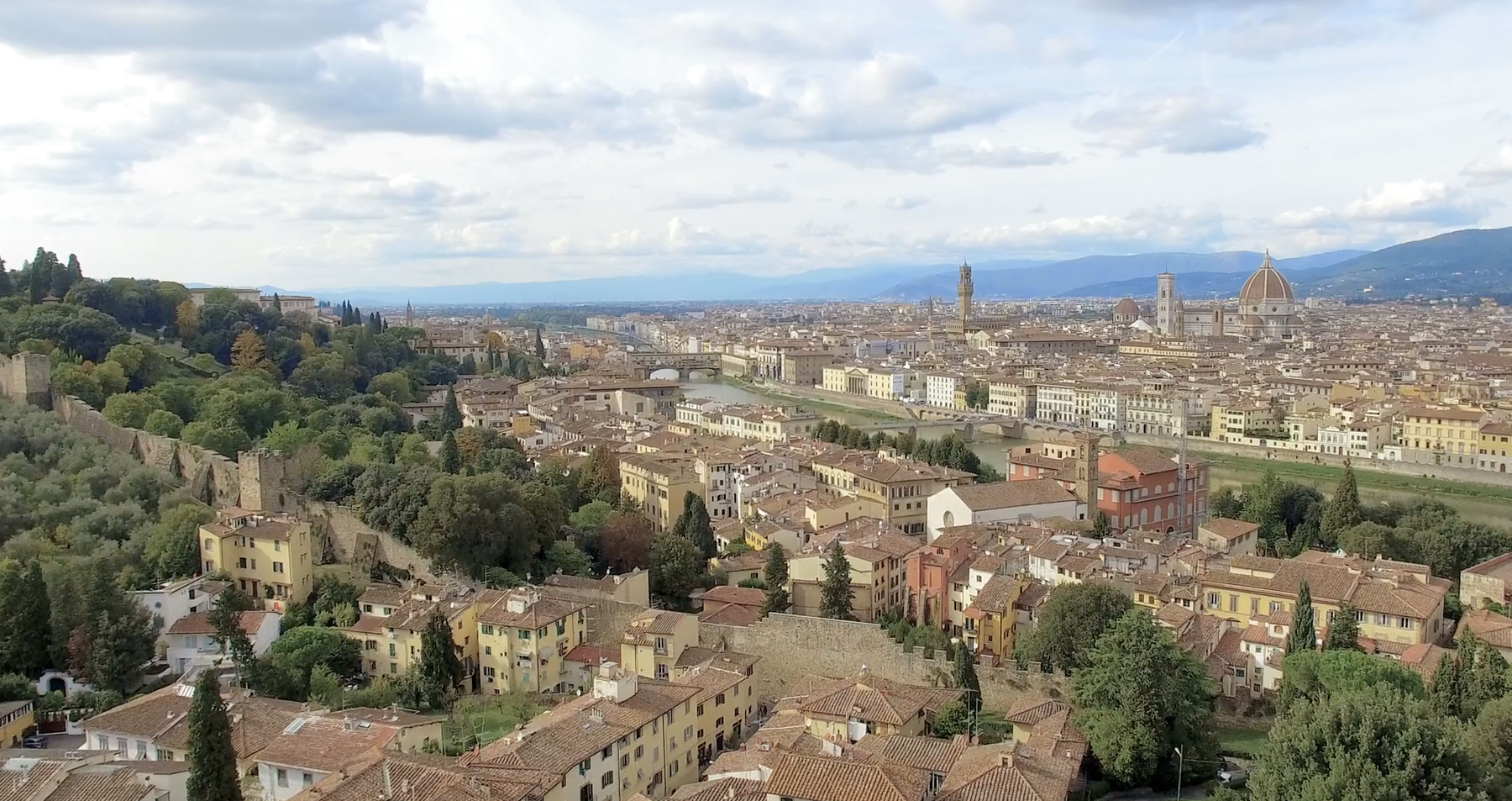PROGRAM OVERVIEW
Currently experiencing a major renaissance, Berlin is a historic world capital and an electrifying cultural center for artistic creativity. The city has long been an inspirational haven for artists from all over the world, and in the aftermath of its 20th century political turbulence and upheaval, Berlin boasts relatively affordable rent and a vibrant nightlife scene featuring world-class clubs like Berghain and Tresor. Having long attracted and inspired American musicians like Lou Reed and British artists like David Bowie, Berlin has a distinct and mythic musical history.
Drawing on the strengths of Berlin as a multicultural world capital and a preeminent destination for a wide range of musical and sonic innovation, the Clive Davis Institute of Recorded Music has created a unique and groundbreaking study abroad program that focuses on pop music experimentalism and the avant-garde. We push the envelope to consider the future of music production, business, technology and emergent media, performance, songwriting and journalism.
You will be able to learn about the fascinating past, present and future of music making in Germany and Europe at large, and you’ll be able to practice your craft and learn about the arts and emergent media scene while meeting and working with influential Berlin-based industry professionals.
Note: This program is only open to Recorded Music majors. Non-Recorded Music majors may request enrollment in courses a la carte, pending available space. Information on how to request enrollment may be found in the note section of each course in Albert.
